Key takeaways
- This post explains “spleen deficiency” in the way the article frames it and links it to digestion and energy themes.
- It lists foods the post recommends and emphasizes warm, cooked, easy-to-digest meals.
- The article also notes foods and habits it suggests limiting if they worsen symptoms (as described in the post).
- It encourages medical guidance if symptoms are persistent or concerning.
The spleen is a purple fist-shaped organ known to function as the blood's filter in Western medicine. As part of the lymphatic system, it helps in the immune response. Typically, the spleen becomes larger when the body experiences sickness or injuries.
The function of the spleen changes when it comes to Eastern or Traditional Chinese Medicine (TCM). In TCM, the spleen functions primarily for digestion. Digestion plays a significant role in both the optimum health and happiness of a person.
What is spleen qi deficiency?
According to Chinese philosophy, "qi" means "energy." It is the life force found in all things that exist in the universe. This means that the human body also has “qi” that flows through all the organs, including the spleen. It needs to be balanced to ensure good health and proper functioning of all bodily processes.
Spleen qi deficiency happens when this flow of Qi is blocked. This can result in many health problems relating to appetite, weight, and it even extends to other parts of the body.
Simply put, when the “qi" is low, you have low energy, and having low energy makes you susceptible to illnesses and infections.
Causes
Qi in the human body is determined by various factors, starting from genetics and to nature-imposed practices like your diet, habits, and emotions. It is dynamic, which is why maintaining its natural flow is of primary importance.
Generally, various emotional and physical factors can affect your qi and cause its deficiency. Chronic stress worsened by sleep deprivation is among the common causes of qi deficiency.
As the spleen, in particular, works both for the immune system and the digestive system, an increase in the body's stress level can hinder immune response, resulting in weaker health. Thus spleen qi deficiency happens.
Other causes of spleen qi deficiency are sensitivity to food, hormonal imbalances, and emotional issues.
Furthermore, TMC poses that the spleen works better in dry environments. Problems surrounding spleen qi can therefore be caused by dampness. Damp external conditions and ingestion of raw and cold foods may cause spleen qi deficiency.
Symptoms
Conditions such as dyspepsia, hepatitis, and anemia may be caused by spleen qi deficiency. Having pale tongue color with a thin white coat and a weak pulse can also be tell-tale signs of spleen qi deficiency, among other symptoms.
A spleen qi deficiency diet
There are five types of food — cold, cool, neutral, warm, and hot. In TMC, the spleen works to break down foods, and this process is fuelled by heat. Eating neutral to hot foods is generally more beneficial for the spleen.
To avoid dampness, which is a problem for the spleen, stay away from cold foods. Instead, fill your daily diet with warm, dry foods.
A balanced, healthy meal for the qi includes:
- Fermented foods — good for digestive health. Examples are kefir, kimchi, and sauerkraut.
- Healthy and energizing fats — increase qi levels. Avocadoes, coconut oil, olive oil, and salmon, and healthy fat sources.
- Plenty and various fruits, nuts, and vegetables — cooked lightly as the spleen appreciates warm foods.
Foods for spleen qi deficiency
If you have spleen qi deficiency, you are encouraged to eat the following.
1. Brown sugar
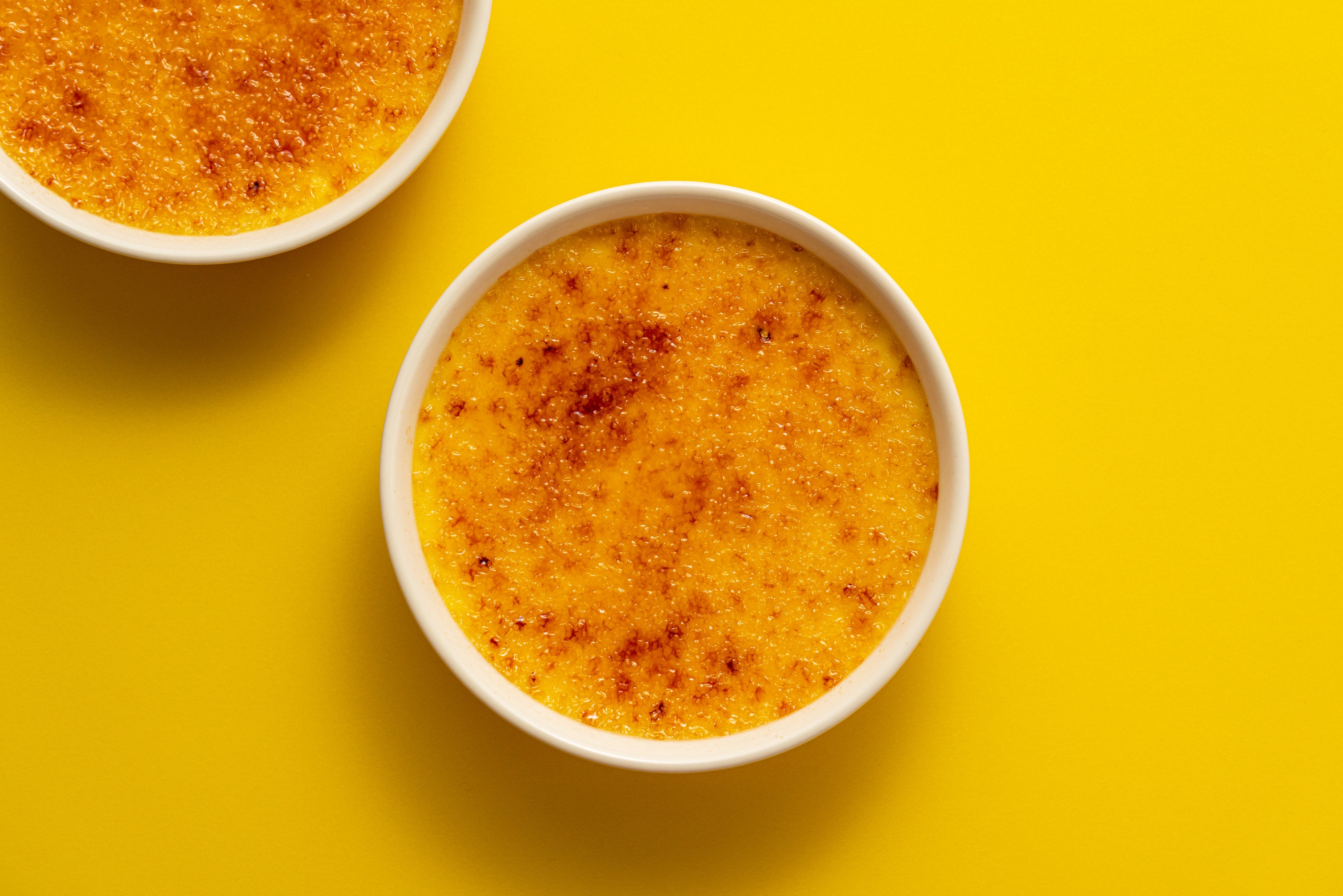
If you cannot leave out a taste of sweetness in your meal, use brown sugar instead of white. Brown sugar contains a tiny amount of nutrients, so it still provides the body carbohydrates that the body uses as fuel.
Just be careful and only consume brown sugar in small amounts as excess sugar may cause dampness which is bad for your spleen qi.
2. Coconut
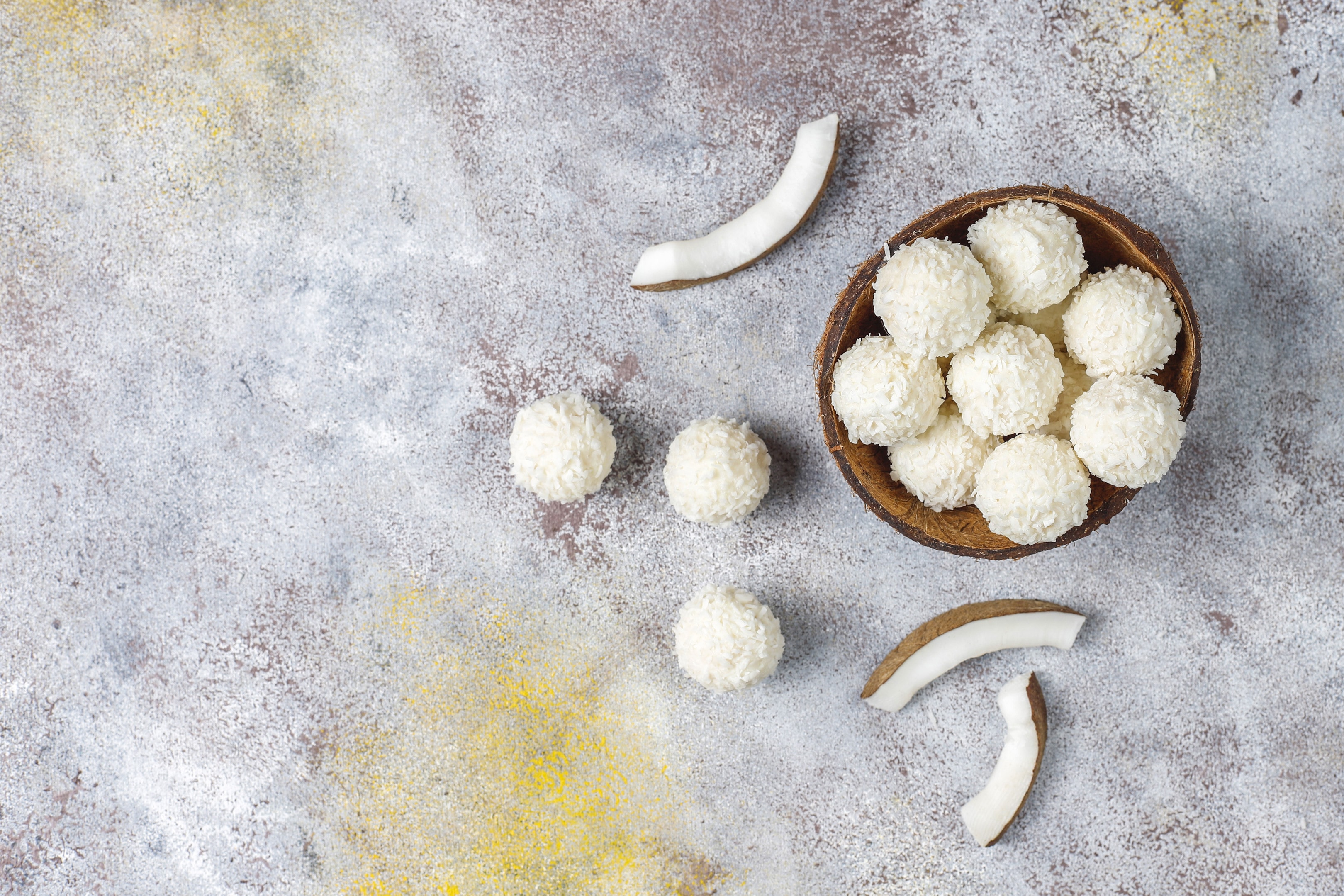
A coconut tree is a complete package. In fact, its seed, or the one we know as fruit, provides both food and drink. The meat of coconut has a high-fat content, and most of it is medium-chain triglycerides (MCTs). MCTs are absorbed by the small intestine and are used for energy production.
Consuming moderate amounts of coconut meat is suggested as most of the fat is saturated. Meanwhile, coconut milk extracted from mature coconut meat helps lower cholesterol and weight loss. It can be a great alternative to dairy milk as dairy is generally discouraged for spleen qi deficiency.
3. Cooked vegetables
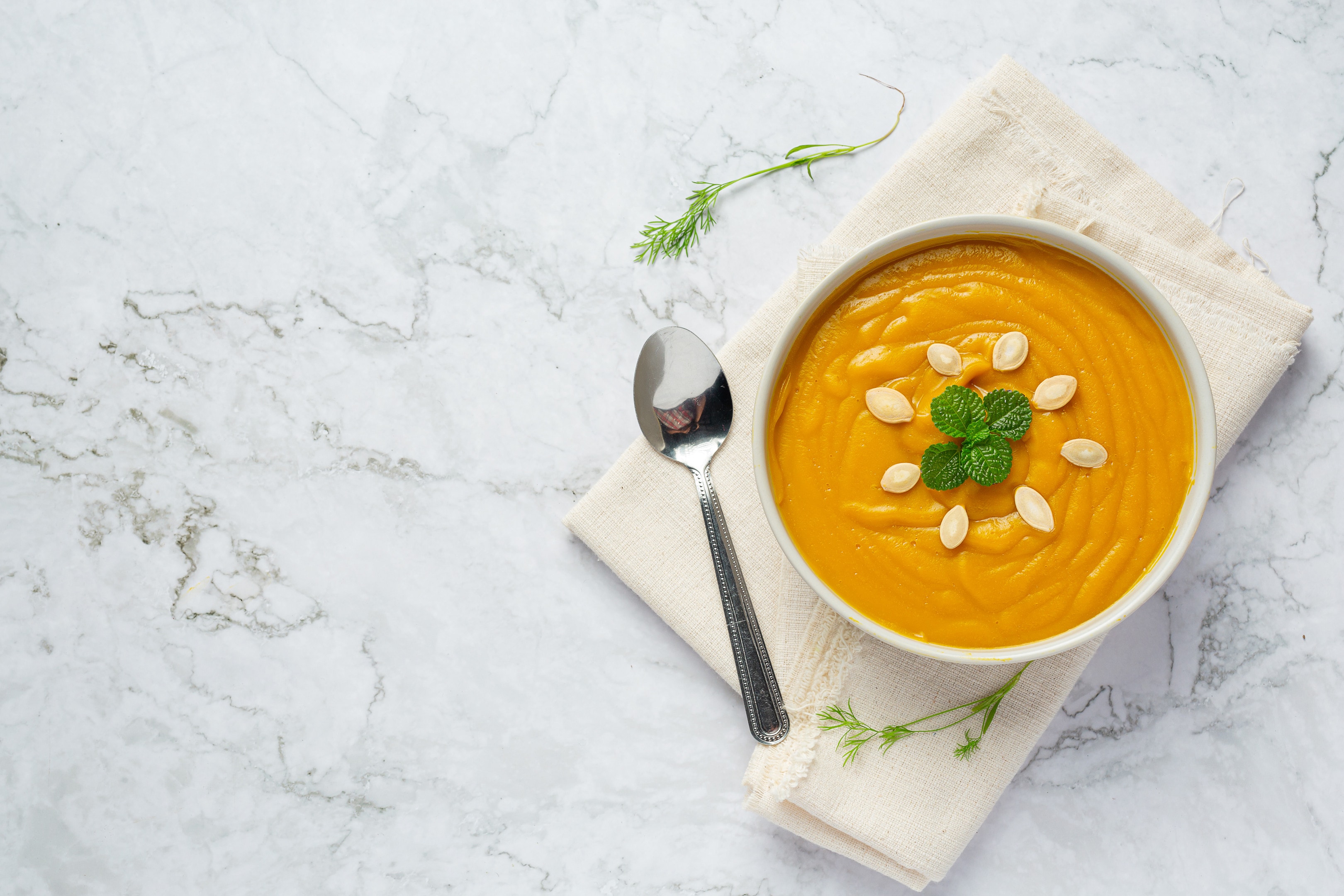
Some vegetables are best consumed raw. Some release more nutrients when cooked lightly. These nutrients include Vitamins A (particularly carotenoids like beta-carotene, lycopene, and lutein) and vitamins A and K. They are more stable than nutrients like Vitamin C, which get lost when vegetables are cooked.
For the sake of the spleen qi, vegetables like chives, leeks, mustard greens, onions, pumpkins, squash, and yams are recommended as their nature is close to warm foods. Aside from the vitamins already mentioned, cooked vegetables can also deliver more magnesium and iron to the body.
4. Fruits
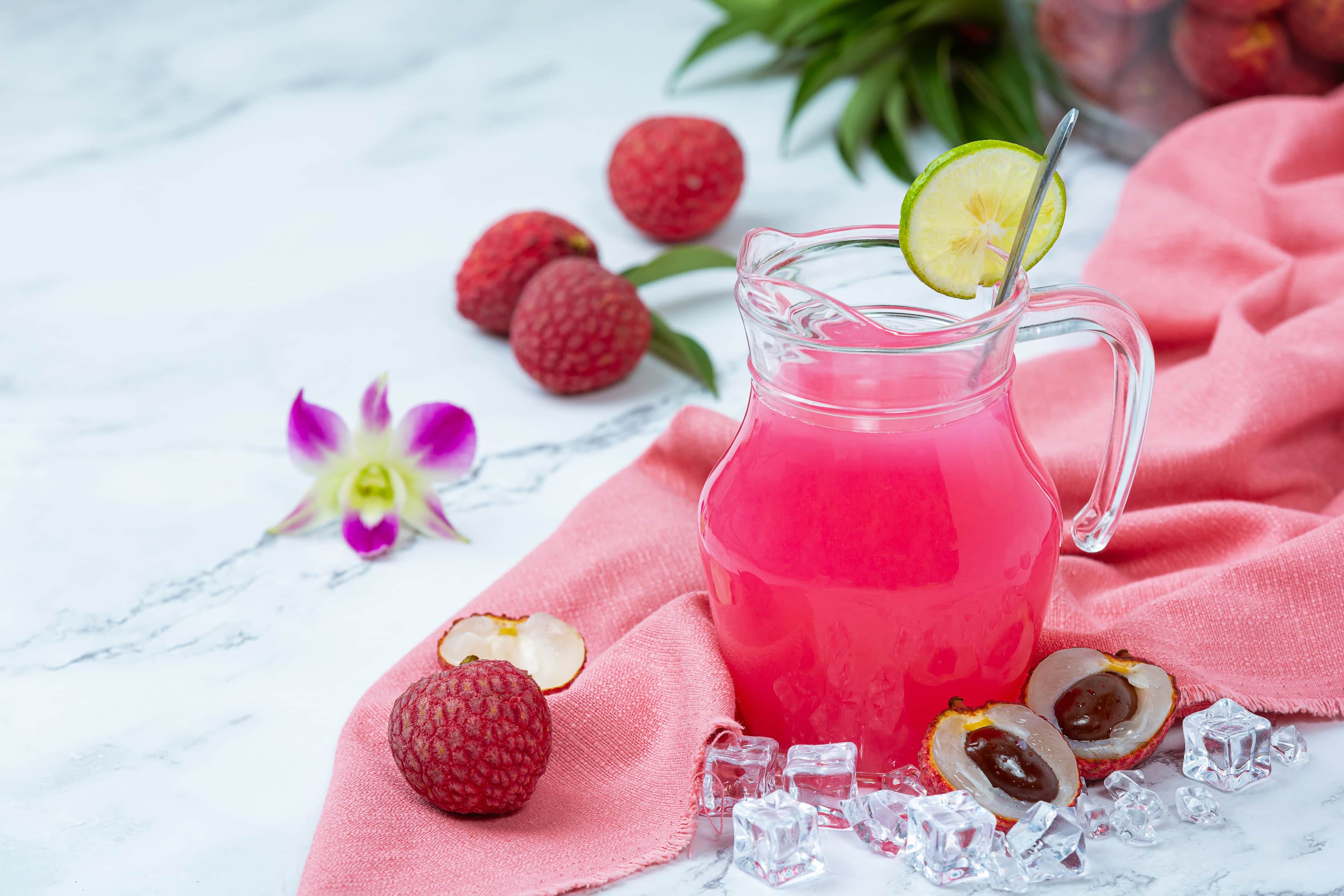
Fruits, in general, are packed with nutrients including but not limited to Vitamins A, Vitamin C, and fiber. Fiber, of course, is a heaven-sent nutrient for the digestive process. Fruits like apricots, black dates, cherries, Chinese red dates, cooked peaches, dried mandarin orange peel, guava, longan, and lychee contain a fair amount of carbohydrates that can re-energize your body and get your qi flowing.
Be sure to consume these fruits fresh and not straight from the fridge.
5. Grains and seeds
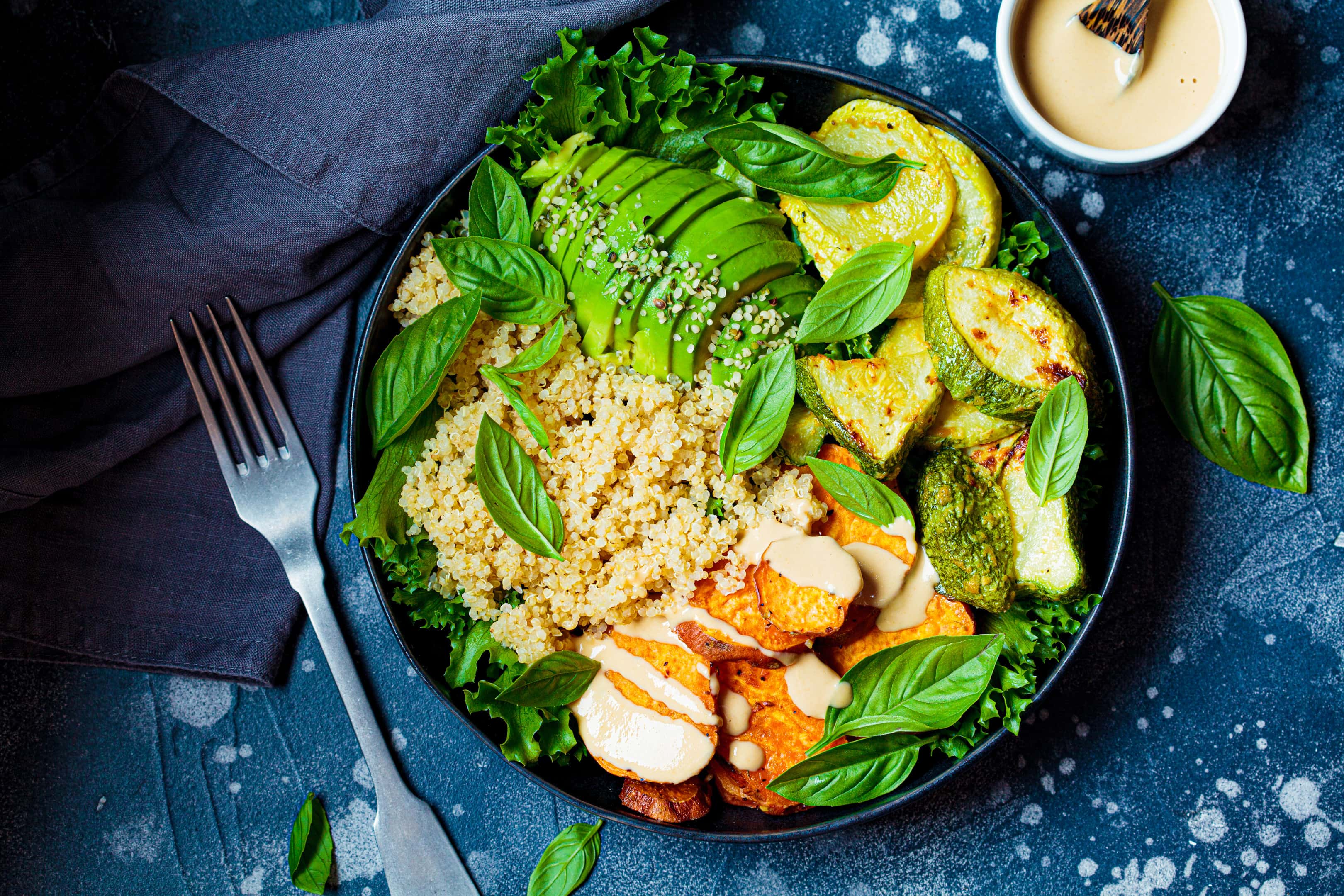
Cooked grains and seeds are good for qi in a way that they help move your bowels. For instance, switch your white rice with brown rice as it is undeniably healthier for it contains more nutrients like fiber, vitamins, and minerals that are good for your system.
Another healthier option is quinoa, which is high in protein, carbohydrates, and fiber. Quinoa also has a low glycemic index which means that the carbs are slowly absorbed by the body, providing lasting energy release.
Another provider of long-lasting energy is oats, so add a bowl of oatmeal to your breakfast menu.
6. Legumes
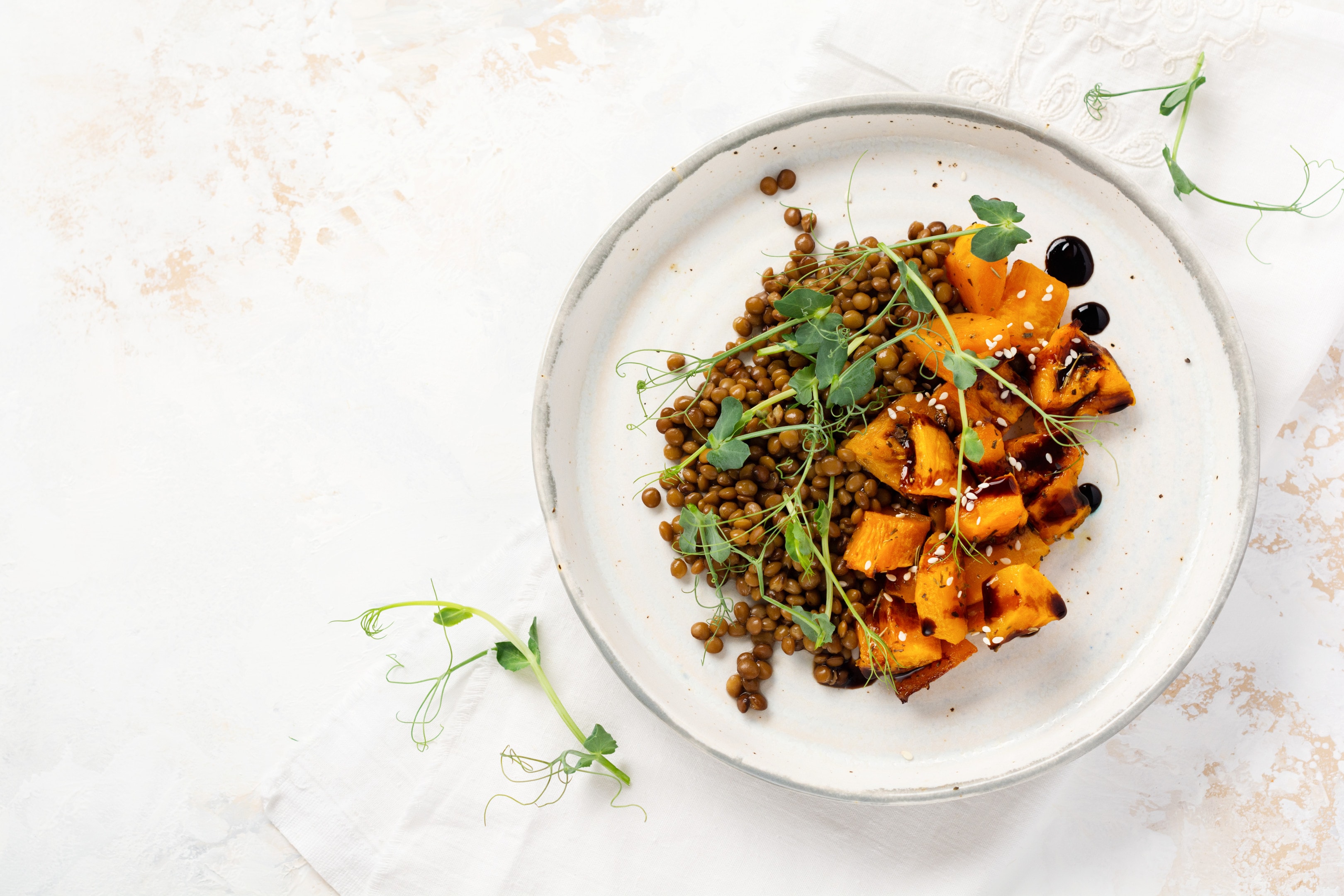
Legumes are excellent sources of protein, making them a great alternative to animal meat. Lentils, for instance, contain many nutrients, including carbohydrates and fiber too. They can even increase energy levels by replenishing your body's store of folate, iron, manganese, and zinc. These nutrients aid in nutrient breakdown and the production of cellular energy.
Aside from lentils, beans like kidney beans are also excellent sources of natural energy for the body. Like legumes, they are also rich in carbohydrates, fiber, and protein. Beans are digested by the body slowly, maintaining stable levels of blood sugar, and providing lasting energy sources.
7. Nuts
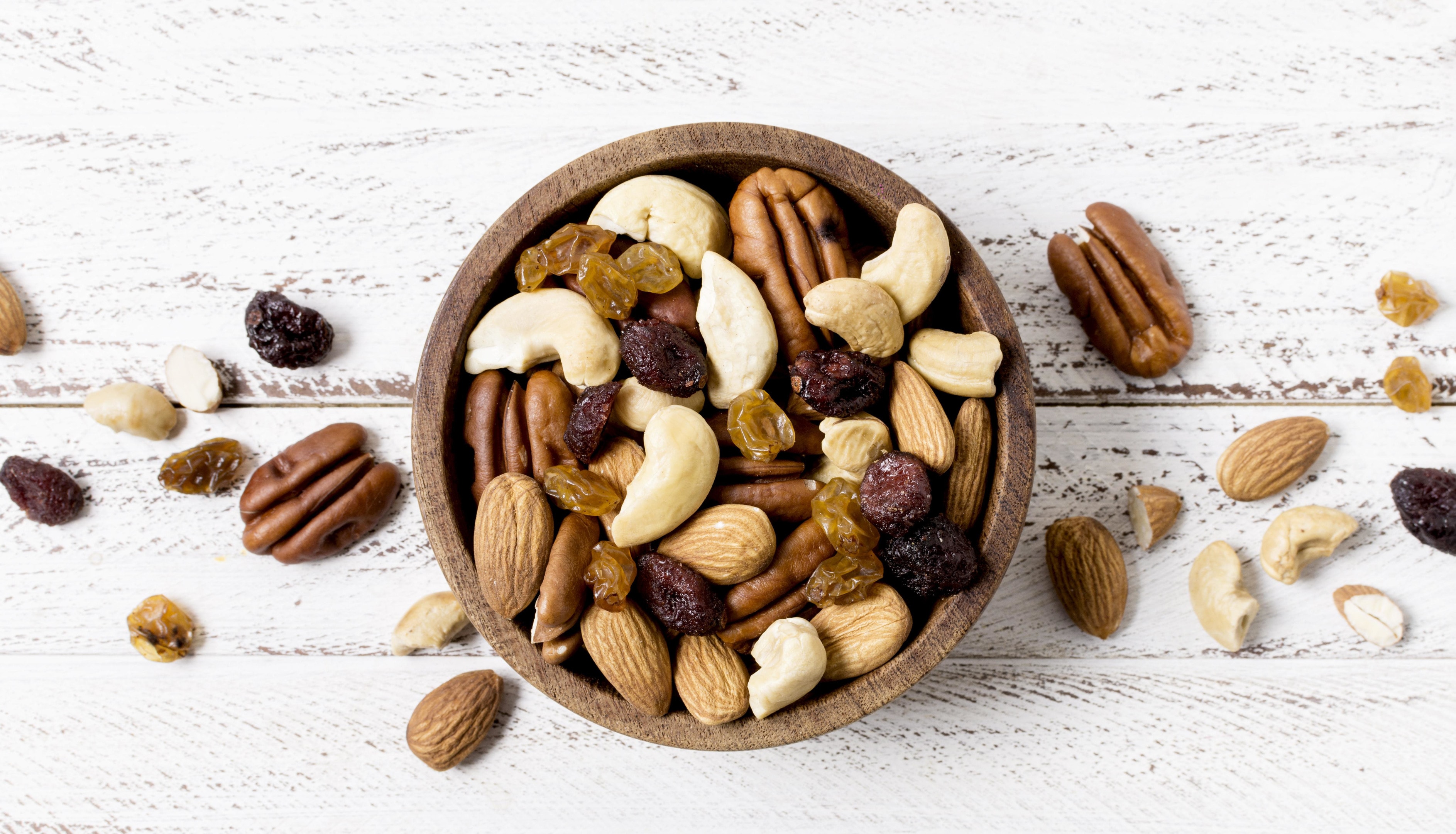
Although snacking is generally discouraged for your spleen and digestive system's health, you can probably get away with healthy snacking options like nuts. They can have high-calorie density and large amounts of proteins, carbohydrates, as well as healthy fats.
Walnuts are especially high in both omega-3 and omega-6 fatty acids. They can also have antioxidants, B vitamins, iron, manganese, and Vitamin E. These nutrients aid in energy production and lessens fatigue.
8. Protein-rich foods
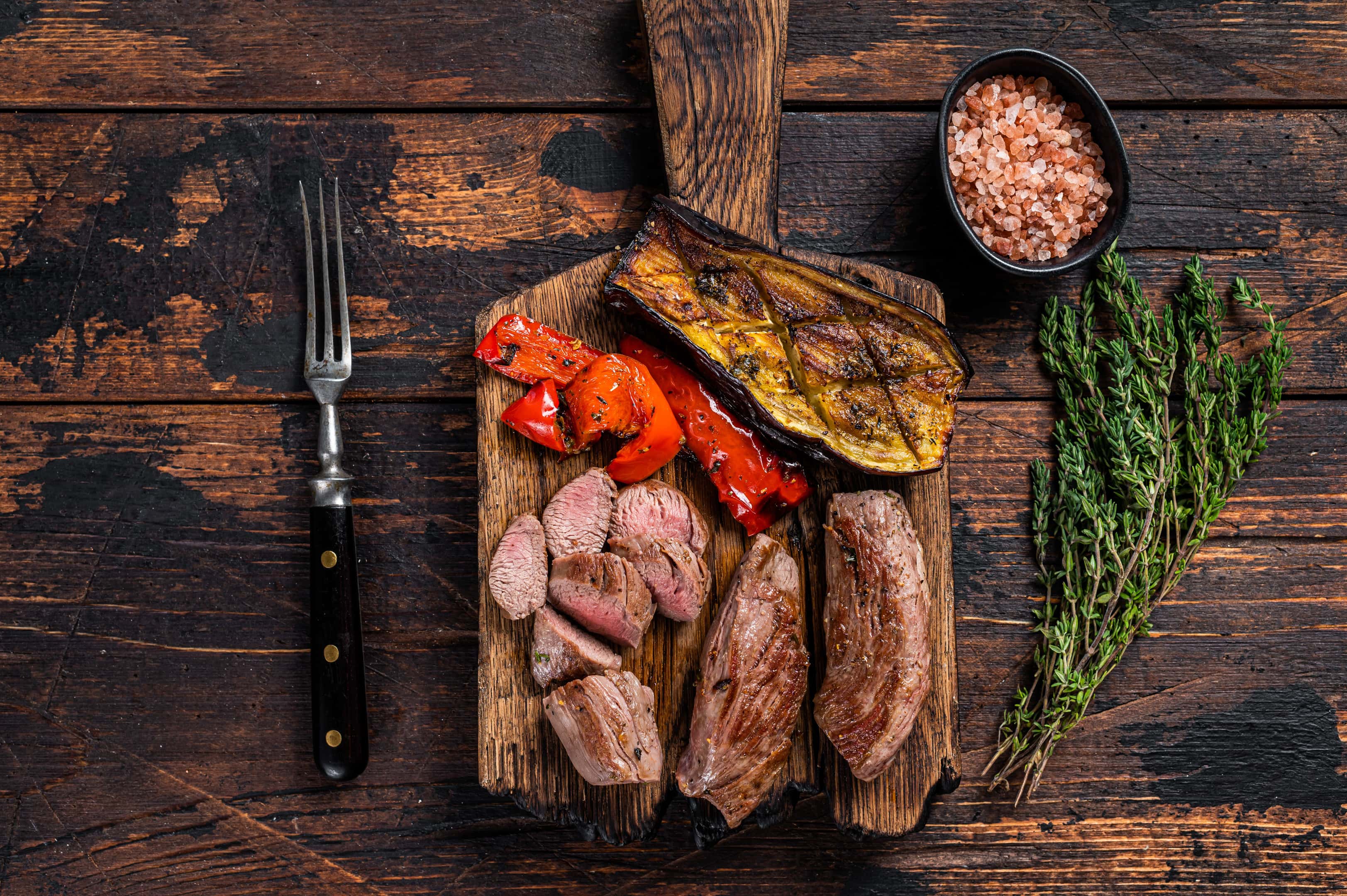
Animal sources of protein like chicken, ham, lamb, venison, and beef can perk up your body and make you less tired. While protein mainly functions in hormone production and repairing tissues, the body can also use it to produce energy. It takes longer for protein to break down compared to carbohydrates, so as an energy source, it lasts longer.
It would be best if you only consume small amounts of animal-based protein. Cook it healthily and avoid dousing it with too much oil.
9. Root vegetables
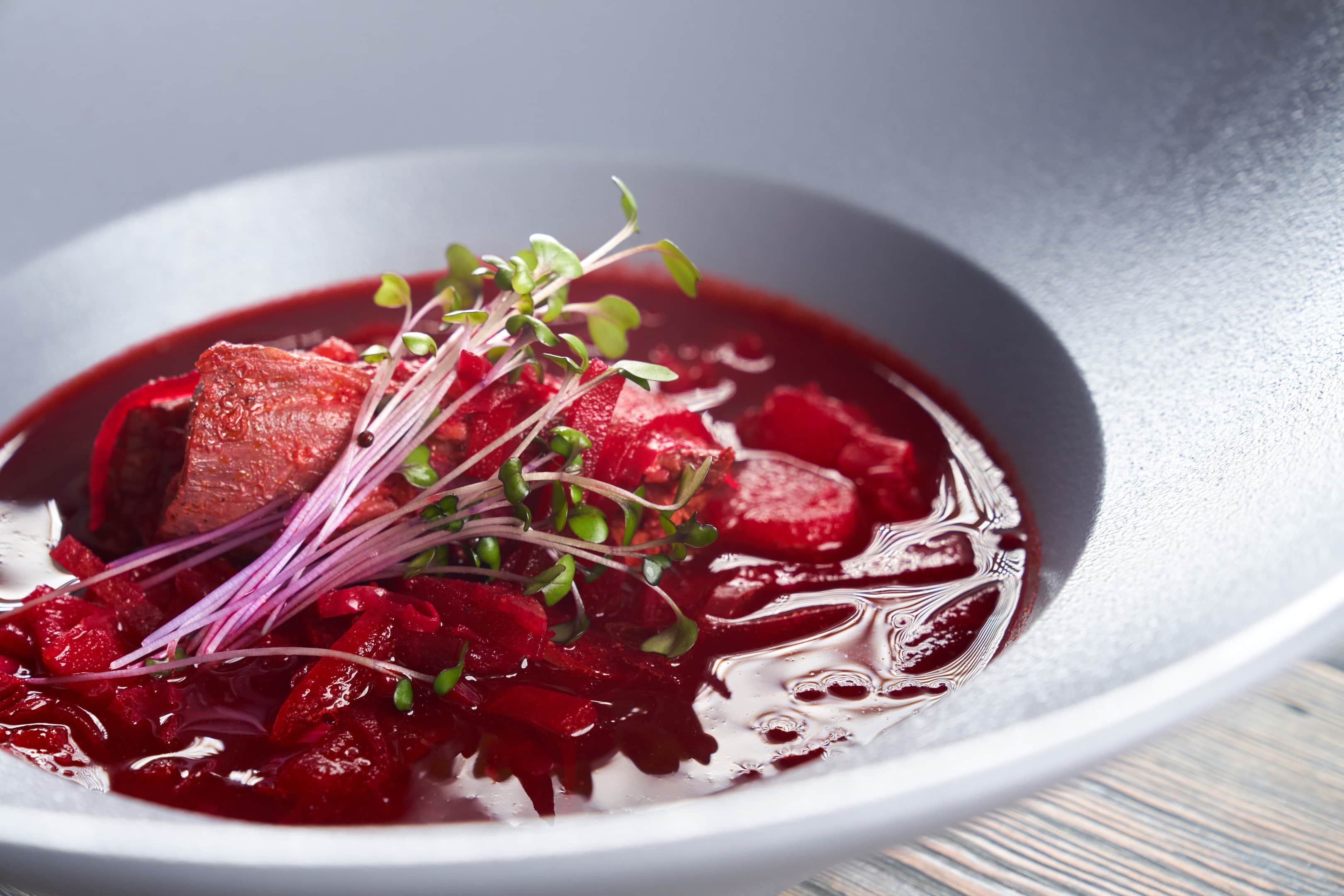
Root vegetables are excellent sources of healthy carbohydrates. According to experts, 50% of nutrient intake must be carbs, and it makes sense because not only do we need energy for our daily work, the body also needs the power to function correctly.
Aside from carbs, root crops also contain fiber and plenty of antioxidants like other vegetables. Some examples of root vegetables are beetroots, carrots, potatoes, radish, sweet potatoes, and turnips. These vegetables can be cooked and incorporated into many healthy dishes!
10. Seafood
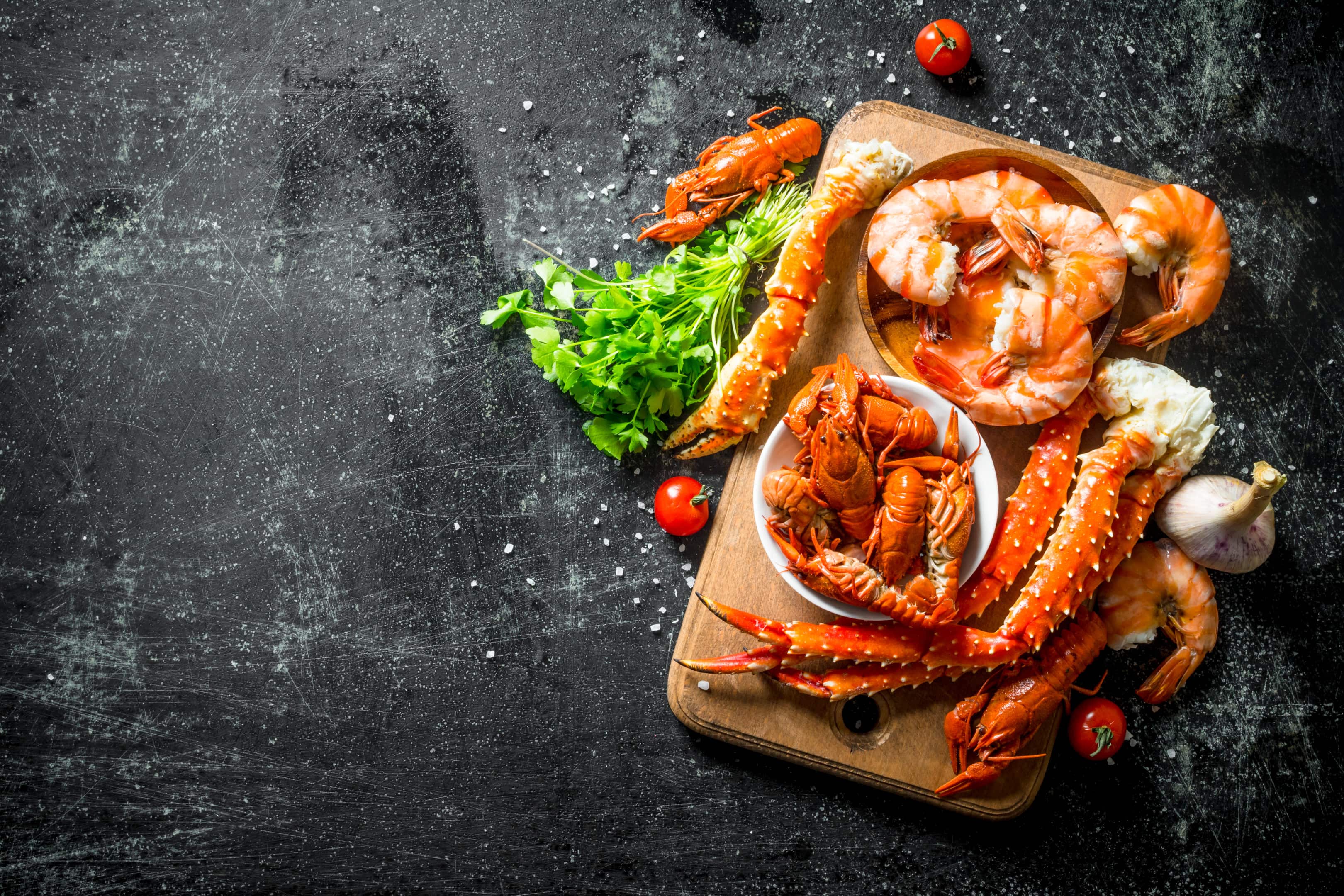
A taste of the sea can probably make many people happy. Seafood, besides being delicious, is also healthy. Just make sure to consume it in moderate amounts and cook them properly. Good examples of this are lobsters, mussels, prawns and shrimps, and trout.
Seafood contains both saturated and polyunsaturated fats, although it has more healthy fats. They are known to be excellent sources of omega-3 fatty acids.
11. Soups like miso soup
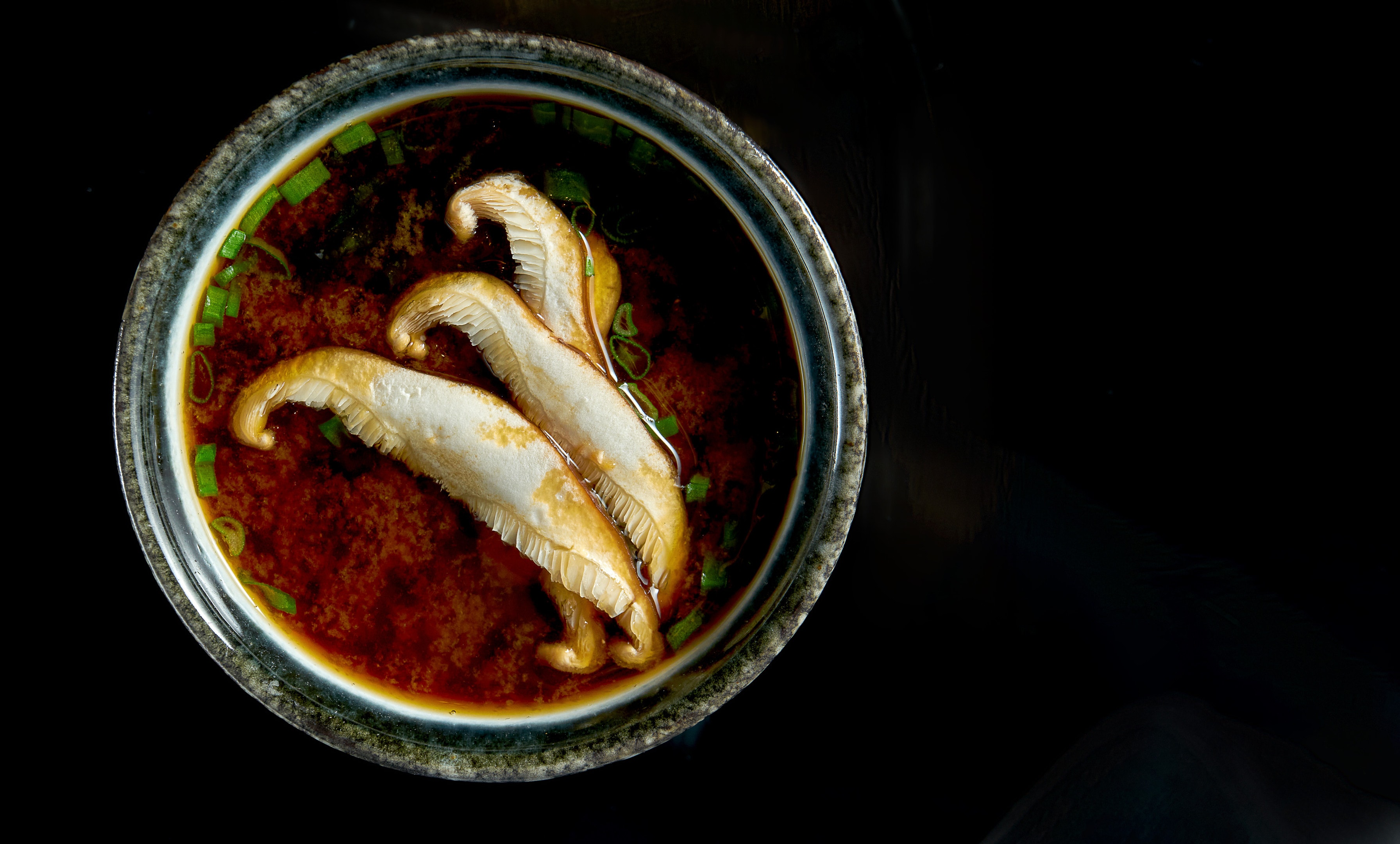
Soups can be a meal in itself. However, the health benefits derived from soups are only as good as those used in making them. Soups can either be made with bone broth, vegetables, or meat.
What makes soup accessible is that you can probably make one with any ingredient you can find in your pantry. Make it healthy and avoid adding unnecessary thickeners and condiments. Additional salt or flavor may turn your warming soup into something unhealthy.
12. Warm and hot beverages

There are various types of tea, and the benefits you can get from it ultimately depend on what tea you choose. However, tea is generally more preferable to coffee, fruit juices, and carbonated beverages if you are conscious about your health. Water, of course, is always the best.
Tea, specifically hot tea, can provide psychological benefits. You may remember that emotional stress can affect your spleen qi and your qi in general. Drinking hot tea is good for relaxing your body and mind. It also gives warmth which is significant for mental health.
13. Warming spices
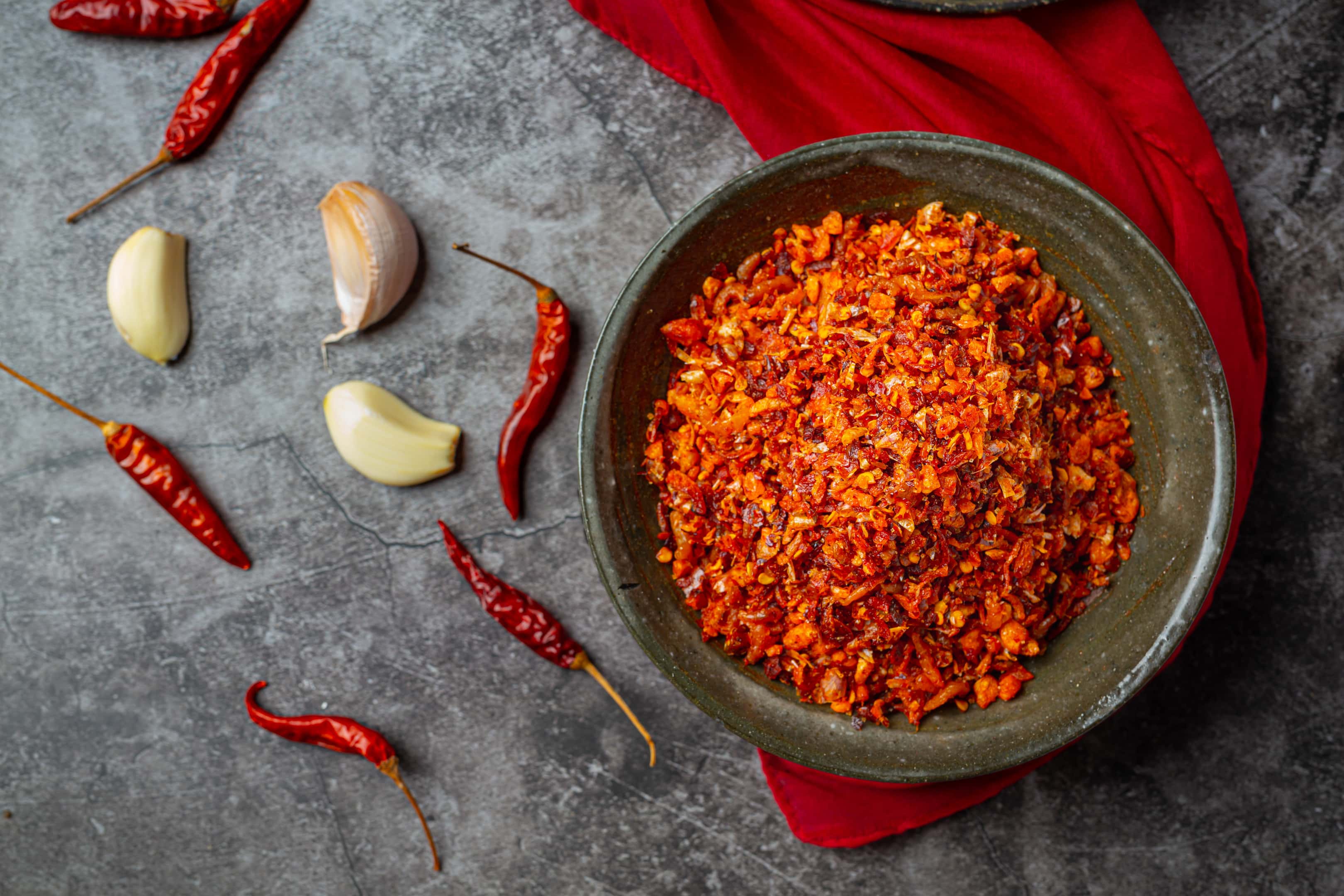
Adding natural spices to your cooking not only increases its flavor but also provides more nutritional benefits. Warming spices like chili peppers, black pepper, cinnamon, coriander, fennel seed, garlic, ginger and turmeric, ginseng, cloves, nutmeg, cumin, and rosemary are great, especially for colder seasons. When the environment is cold, the food you eat may help in keeping your body state balanced.
Warming spices help in stimulating blood circulation because of the heat it provides when ingested. It also aids in digestion, strengthens immunity, and can promote an increase in energy levels, making it suitable for spleen qi deficiency.
General dietary pointers for spleen qi deficiency
As much as possible, make the majority of your diet meals consist of minimally processed foods and whole foods. Organic foods also have more qi than other foods in the market. They are also more nourishing and contribute significantly to the overall health of the body. Choose local and in-season produce to get better quality ingredients for your fridge.
Lessen iced and cold beverages, or better yet, skip them altogether. Water is always best. You may also consider having a small glass of warm water, a cup of warm tea, or a sip of warm broth to compliment every meal.
Have a regular three-meal schedule because, as an organ that helps with digestion, the spleen needs the downtime or rest where it is not busy digesting and absorbing food.
Avoid snacking in between meals. Include more healthy fats in your meals so you would have fewer cravings for something to graze on.
Chew your food properly. Digesting bigger blocks of food places a bigger burden on your spleen.
Do not overeat. Fill about 2/3 of your stomach. This is the state of not being hungry but also not being quite full.
Your meals should make you feel satisfied for at least two to three hours.
Observe good posture during and after meals. Spleen qi is about making it possible for the qi to flow freely, and posture can influence it. Sitting improperly may also affect the function of the digestive organs.
Eat your meals in a relaxed environment. Emotional stress can cause spleen qi deficiency, so stress eating is discouraged. You should also avoid eating in a rushed manner, as this will affect how you chew and ingest the food.
Do not eat while doing other tasks like watching the TV, talking, and reading simultaneously. Focus on the food.
Do some light exercise daily, particularly stretching. For better digestion, consider taking a walk after every meal.
Lessen your consumption of dairy products, especially pasteurized ones. About 2 to 3 servings a day is recommended for those with good spleen qi. For those experiencing dampness, it will be helpful to give up dairy consumption completely.
Conclusion
Whether you adhere to Western or Eastern medicinal knowledge, taking care of every part of your body, including the spleen, is important. By understanding the spleen qi deficiency diet, you are doing your body a favor.
Cheers to better bodily functions and a strong Qi!






